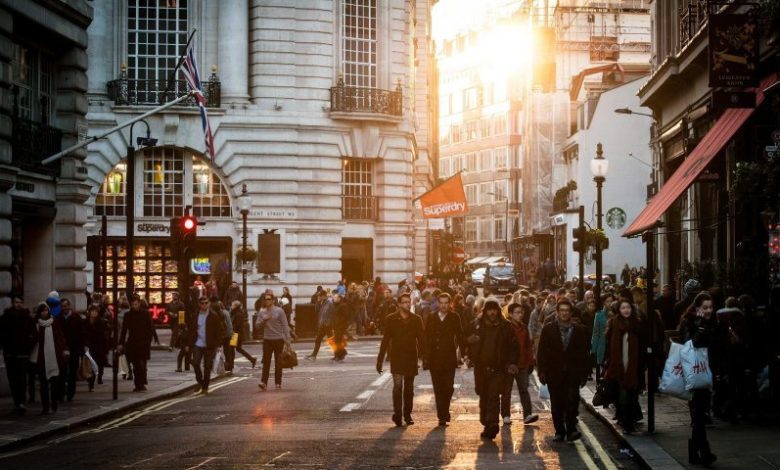Wages see highest fall on record amid rising inflation
In addition to its latest wage data, the ONS found that the number of job vacancies dropped for the first time since 2020, falling to 1.274 million

Regular pay in the UK has fallen by a “record” 3% in the quarter ending June 2022, the steepest decline since records began two decades ago, as the nation continues to battle rising inflation and the cost-of-living crisis.







